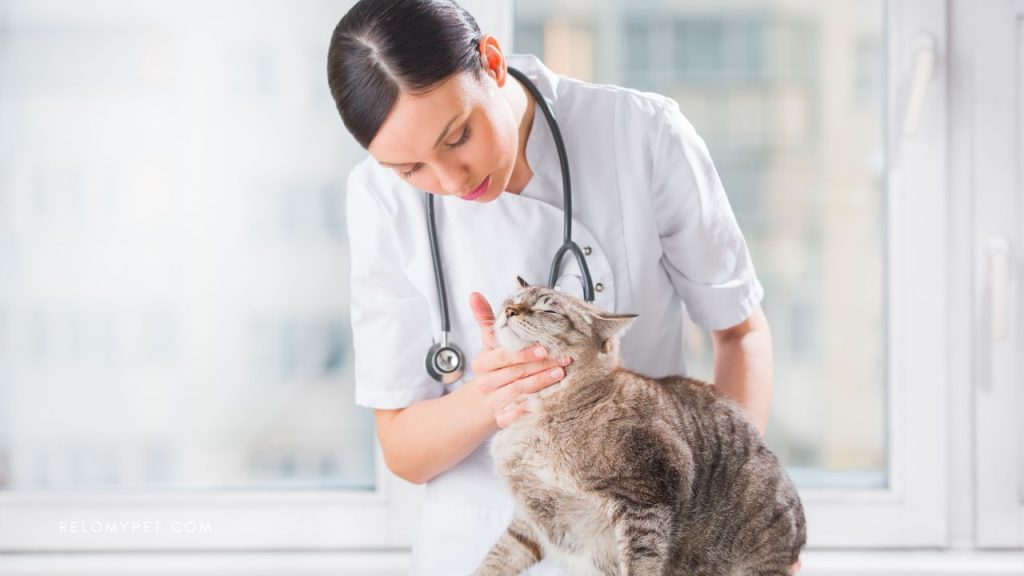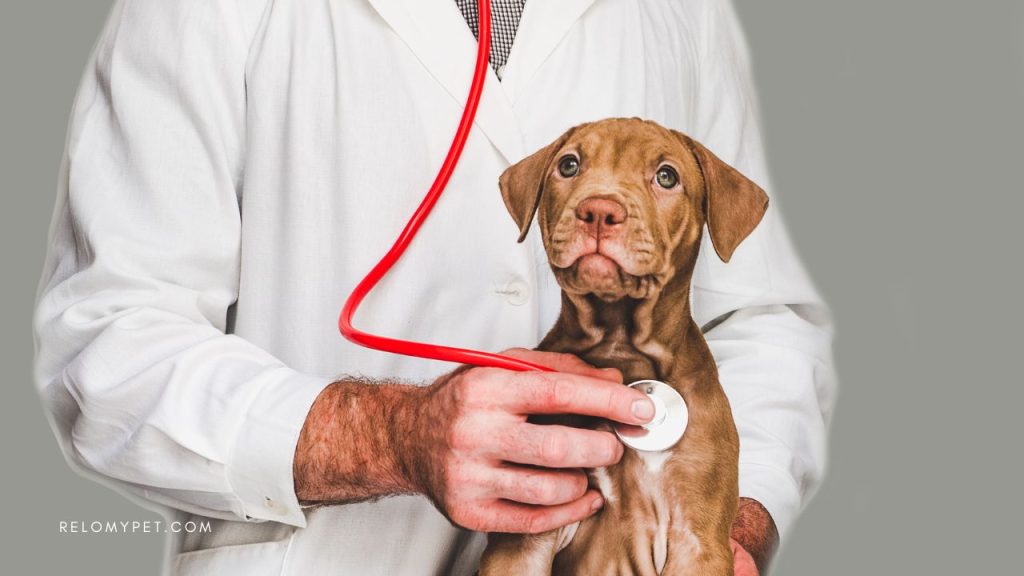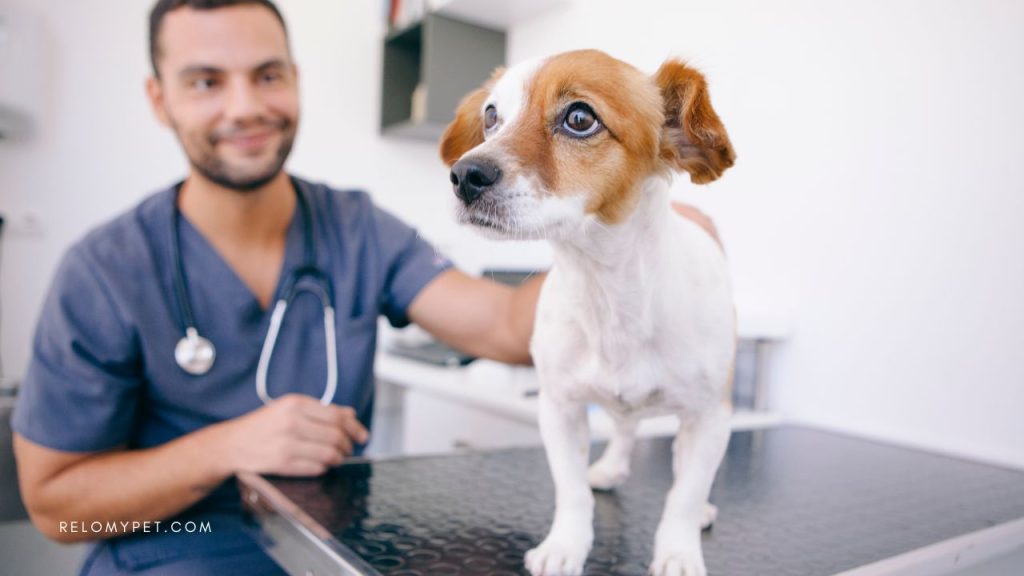Bringing Pets to France: A Comprehensive Pet Relocation Guide
Table of Contents
Exploring France's Pet Import Regulations
Understanding the General Framework
When bringing pets to France, adherence to specific regulations is crucial. Pets like dogs, cats, ferrets, reptiles, amphibians, invertebrates, rodents, domestic rabbits, and ornamental fish are considered, with a limit of five specimens per person. However, all other animals must undergo veterinary inspection at a border control post (BCP).

Key Customs Guidelines
Customs inspections, within a non-commercial movement involving no more than five specimens per person, play a pivotal role. Only the owner or an individual taking responsibility for the pet is permitted to accompany the animal. Additionally, a health certificate is mandatory for compliance.
Health Formalities for Dogs, Cats, and Ferrets
Microchipping and Vaccination
Identification through an electronic transponder is mandatory for pets, with microchips meeting ISO standards. Rabies vaccination, administered before or simultaneously with microchipping, requires a waiting period of at least 21 days.
Rabies Antibody Titration Test
Pets from non-European countries must undergo a rabies antibody titration test at an EU-authorized laboratory. The test result, exceeding 0.5 UI/liter, remains valid for the pet’s lifetime, provided continuous rabies vaccination.

Exemptions for Certain Territories
Pets from specified territories, including Australia, New Zealand, the United States, and others, are exempt from the antibody titration test for importation into the European Union.
Important Reminder: Category 1 and Category 2 Dogs
Strict regulations govern the importation of certain dog breeds into France. Category 1 dogs require a recognized pedigree, while Category 2 dogs must adhere to movement and ownership rules, including muzzling and leash requirements.
Importing Other Pets: Birds, Rodents, Reptiles, and Fish
Bird Importation Guidelines
Strict rules apply to the importation of pet birds due to bird flu outbreaks. Compliance with health certificates and specific conditions, including isolation and vaccination, is crucial.
Requirements for Rodents, Lagomorphs, Reptiles, Amphibians, and Ornamental Fish
Importing these pets into France requires a supporting document signed by a practicing veterinarian. Compliance with specific conditions ensures a smooth entry into French territory.

Consult a Veterinarian
For a hassle-free pet relocation, consulting a veterinarian well in advance is advisable. They can guide you through the necessary health formalities and ensure a smooth transition for your beloved pet.

Frequently Asked Questions (FAQ) About Bringing Pets to France
Absolutely! Dogs, along with other specified pets, can be brought to France. Ensure compliance with health requirements and documentation, including a health certificate.
A France pet passport is essential for dogs, cats, and ferrets. It serves as documentation for identification, rabies vaccination, and antibody titration tests, ensuring a smooth entry into the EU territory.
Yes, but with strict adherence to regulations. A dog must be identified with an electronic transponder, vaccinated against rabies, and undergo a rabies antibody titration test at an EU-authorized laboratory. Compliance with the stipulated time limits is crucial.
Absolutely! Dogs from the UK can obtain an EU pet passport, meeting the health requirements outlined by Regulation (EU) 576/2013. The passport facilitates seamless travel within the European Union.

Contact Relopet International
Relopet International simplifies the process of shipping pets worldwide, aligning with regulations for a secure and comfortable journey. We understand the importance of your pet’s safety and comfort, and our expertise ensures a smooth travel experience for both you and your furry companion. Contact us today to learn more about our services.
